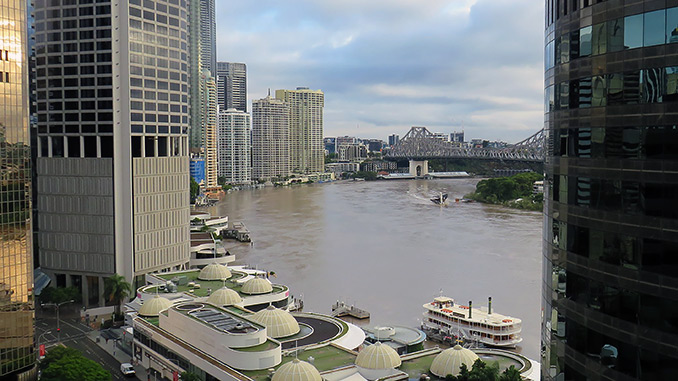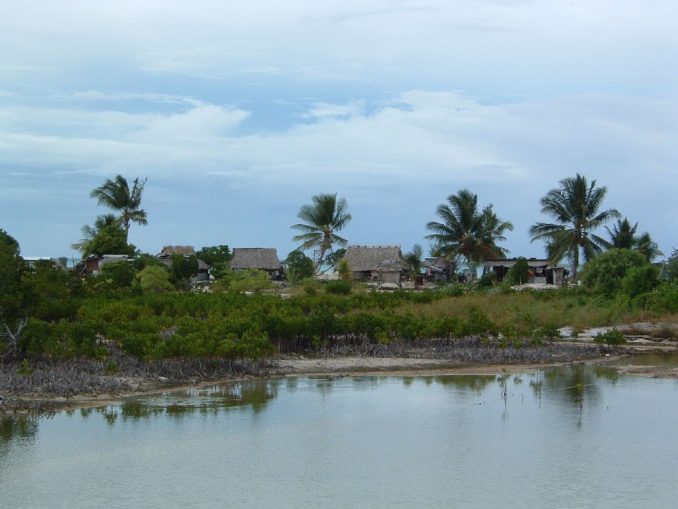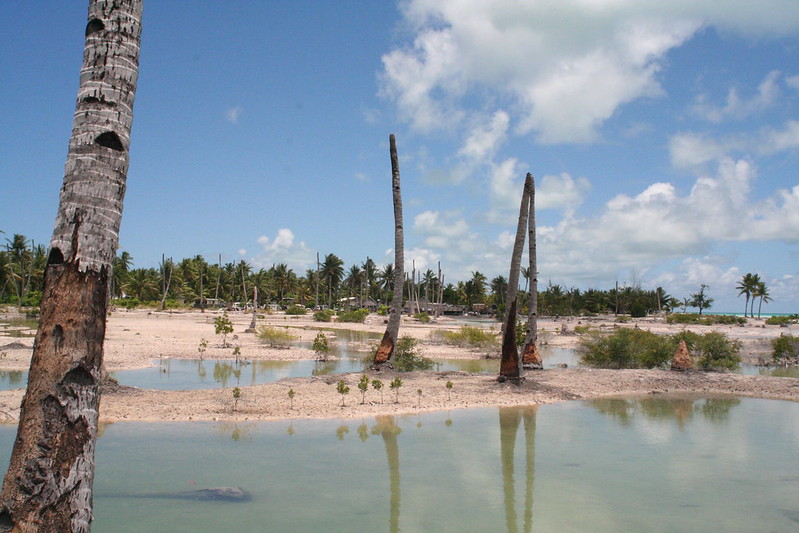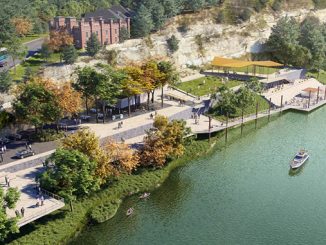Over the past few months, the world has endured floods, heatwaves, droughts, fires and many events due to climate change’s impacts. Some commentators state that these events have been part of living with ‘nature’ for decades and that we have to live with them. However, many are starting to ask, Is it time to retreat? Can communities continue to survive these ongoing extreme events?

The answers may not be up to communities. It may be up to governments to make these hard decisions as they start to weigh the costs of preparation, crisis management, emergency events and prevention to save communities. Some parts of the world have experienced multiple extreme events in a short period, such as four 1 in 100-year flood events in eighteen months in Eastern Australia. Some of these areas will no longer be able to be insured as insurance companies undertake risk assessments and determine they can no longer afford to insure flood-prone areas. Insurance companies may start to push developers and governments to take a more proactive approach to developing communities.
Governments are being requested to provide greater (financial and emergency)assistance more often due to increased extreme weather events. They, too, will have to start determining how long governments (local/regional/country) can afford to fund emergency assistance and compensation for residents.
As cities grew and land values increased, governments (due to developer and internal lobbying) started rezoning cheap land areas for housing and development to keep prices down and maintain a competitive edge with surrounding areas. The cheap land areas were often in flood zones on rivers and coasts. Inappropriate development also occurred along coastlines to increase land values (and taxes) associated with water views. However, this type of planning has now created vast areas of flood and fire-prone communities. It is also worth acknowledging that some towns and communities were makeshift due to industry (mining, fishing, freight, etc.) and developed over time when planning was ad-hoc.
All these variables and events start to create situations where people need to start asking if it is time to retreat. Are communities living in flood, fire and drought zones viable? There is the argument that there are ways to prevent or lessen these events through engineering solutions (flood walls, sea walls, diversions, fire breaks, etc.). However, are these the right solutions? Or is it time governments and communities realise that they are fighting a high-cost (monetary and human), never-ending battle, and it is time to retreat?
The question of retreat or stay is not only facing developed nations but also those developing at a fast rate to accommodate growing populations and increasing urbanisation. This issue is highly emotional for many as they have made homes, families, friends and communities in these areas. However, many nations will need to start to evaluate where to best allocate budgets, is it in increased emergency funds and prevention or is it time to rethink the approach and retreat through relocation to hospitable land?
Retreating can offer several benefits and opportunities, including rewilding, increased resilience, increased arable land or sea, reduced emergency resources, and reduced risk. These require long-term planning and initiatives from successive governments.
Some places have relocated, including Valmeyer, Illinois, which moved due to a major flood in 1993. 700 of the original 900 residents relocated to a new town over a period of four years [1]. However, there are whole nations such as Kiribati (32 atolls in the Pacific) that may need to relocate over 100,000 people due to climate change. The Kiribati government have purchased land in Fiji to move their population over time. There are also migration programs with New Zealand and other governments to accept residents who wish to move from Kiribati.


The argument can no longer be about whether cities have to plan for climate change, but why aren’t they planning now and seeking to have implementable solutions as soon as possible? Whether the solutions are to adapt, mitigate or retreat due to climate change, many of the solutions have short and long-term implications. However, it is getting clearer that time is running out for some communities, and action is needed.
Written by Damian Holmes, Founder & Editor of World Landscape Architecture.
[1] Marcello Ross, The Illinois town that got up and left , BBC, 15th March 2022;
https://www.bbc.com/future/article/20220310-the-illinois-town-valmeyer-could-be-a-model-for-relocation




